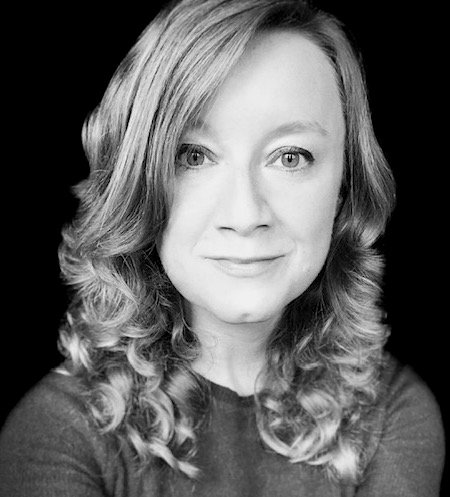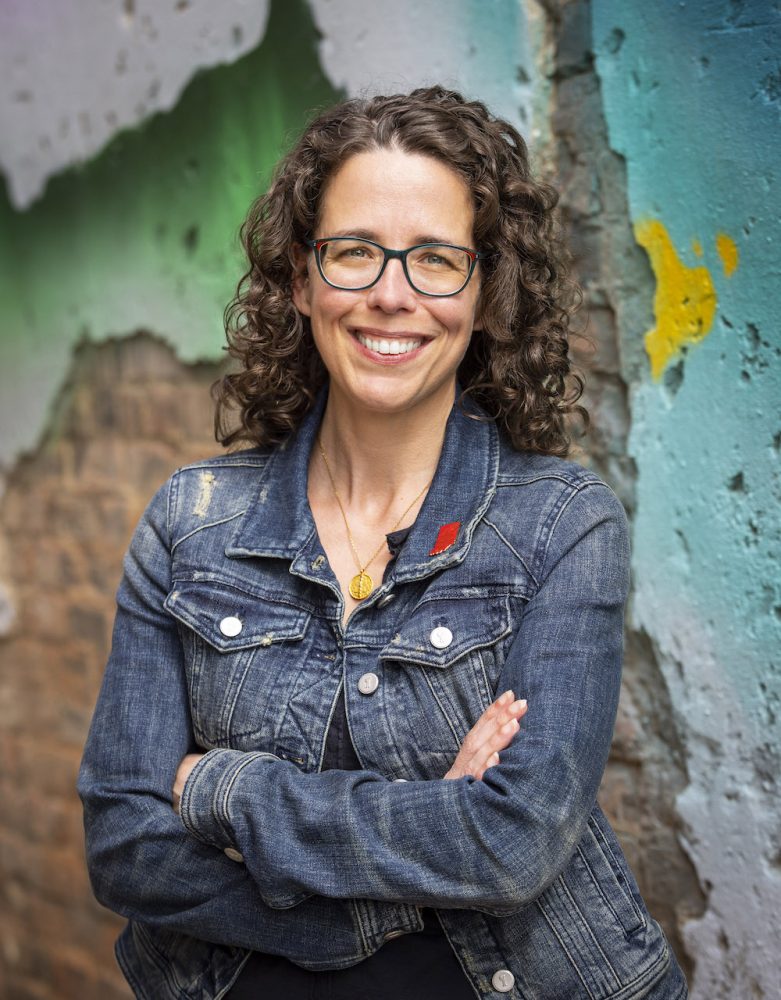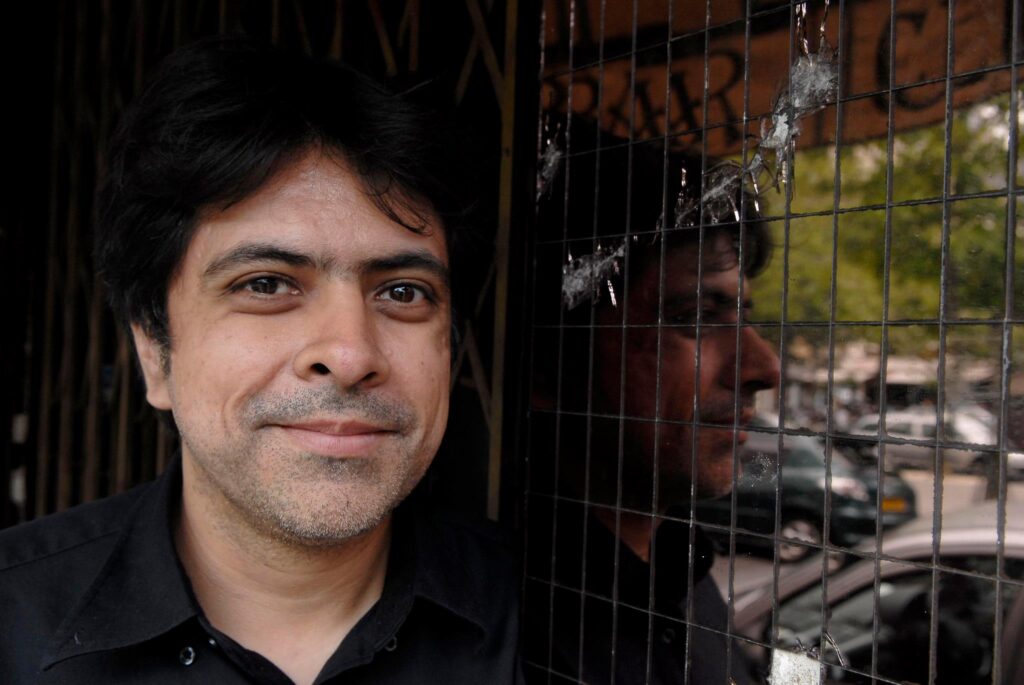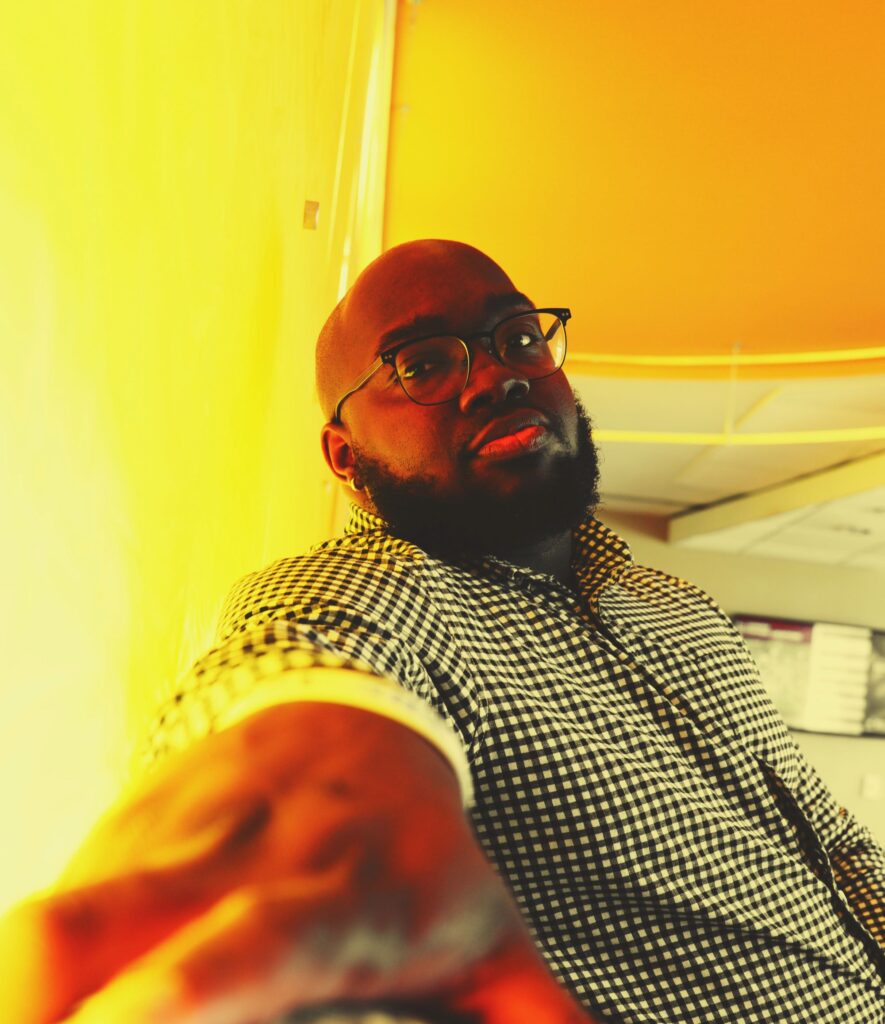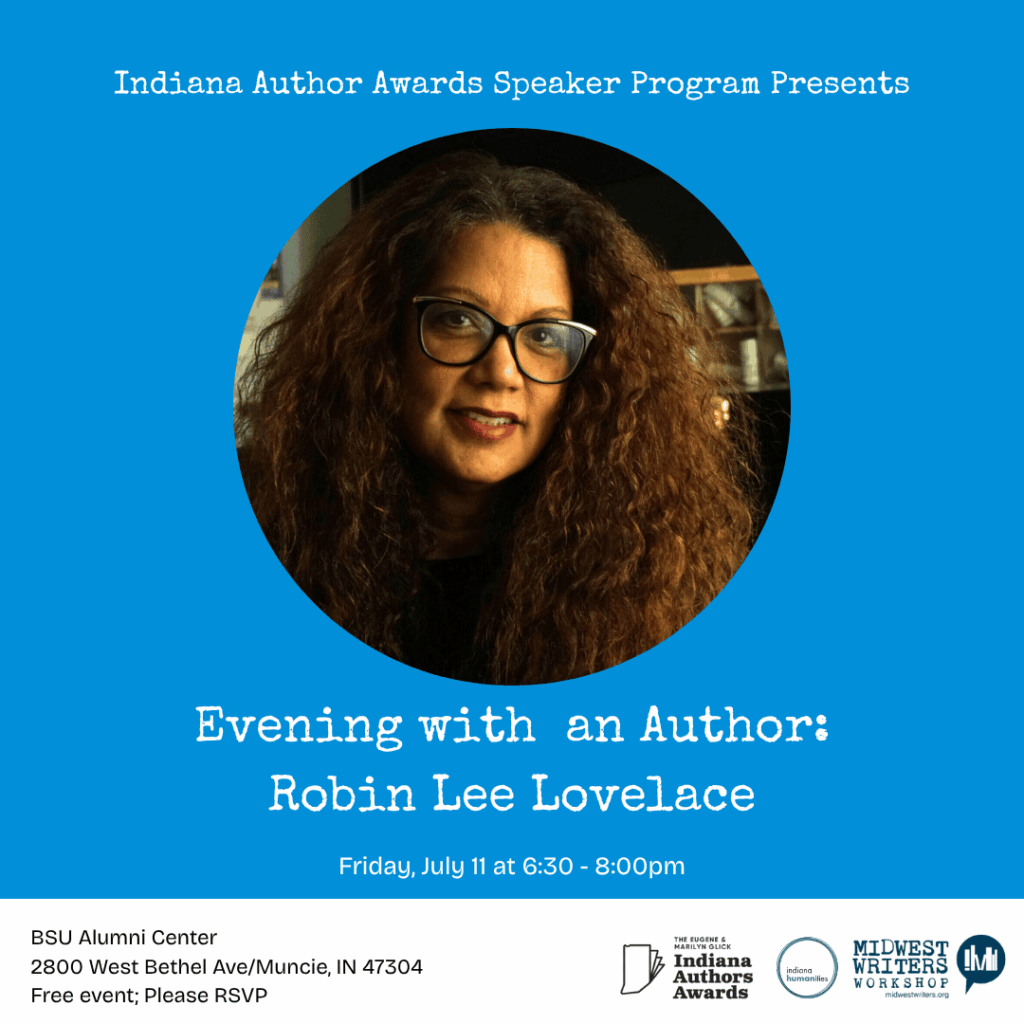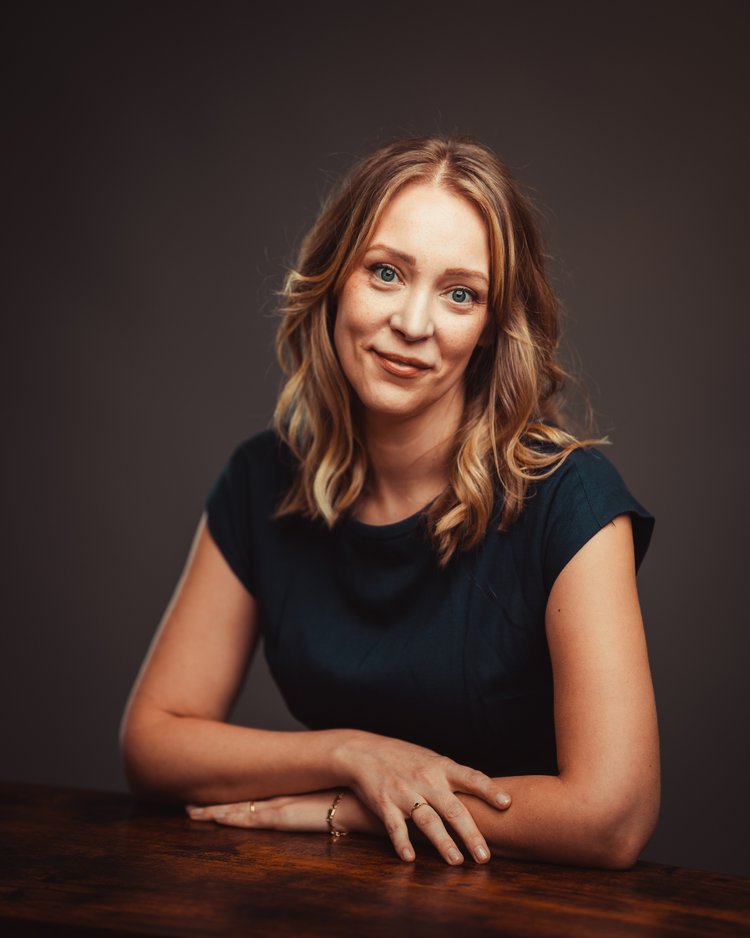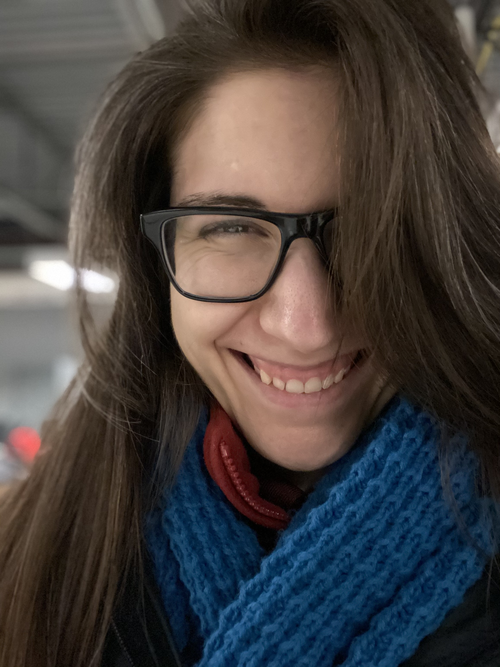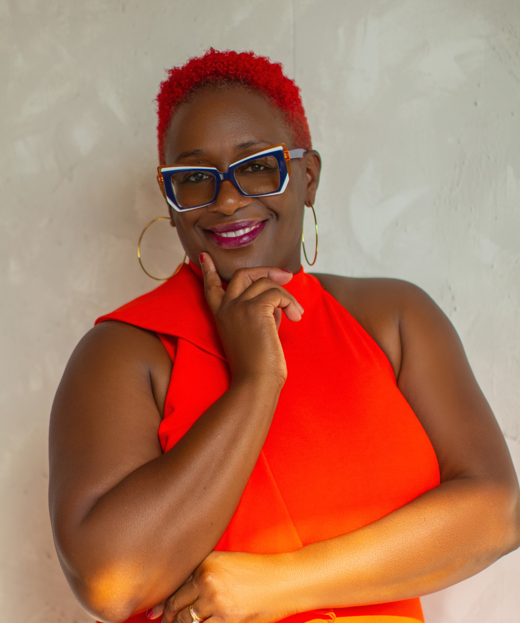Introducing #MWW25 Faculty Ania Spyra
Meet Ania Spyra Ania Spyra is an immigrant writer, artist, and educator. Her most recent work can be found in Colorado Review, Critical Read, Indianapolis Review, Ancient Exchanges andGuernica. She’s an alumna of the Tin House Summer…
Introducing #MWW25 Keynote Speaker Jane Friedman!
Meet Jane Friedman Jane Friedman has spent 25 years working in the publishing industry, with a focus on business reporting and author education. Her book, The Business of Being a…
Introducing #MWW25 Keynote Speaker Brando Skyhorse
Meet Brando Skyhorse Skyhorse’s debut novel, The Madonnas of Echo Park(Simon & Schuster, 2010), received the 2011 PEN/Hemingway Award, and the Sue Kaufman Prize for First Fiction from the American Academy…
Introducing #MWW25 Faculty Thomas Kneeland
Meet Thomas Kneeland Thomas Kneeland is an Afro-Cuban poet whose research explores questions of ancestry, blood memory, and cultural preservation. He is the author of We Be Walking Blackly in the Deep. A child…
#MWW25 Faculty Robin Lee Lovelace has a FREE COMMUNITY EVENT at the conference!
Announcing MWW25’s FREE Community Event! Evening with an Author: Robin Lee Lovelace Come join the Midwest Writers Workshop for a cozy evening with the talented author Robin Lee Lovelace at the Ball State…
Introducing MWW25 Faculty: Literary Agent Jessica Berg
Meet Jessica Berg Jessica Berg is a literary agent and author passionate about nurturing unique voices in publishing. As the founding agent of Rosecliff Literary, she focuses on character-driven stories and…
Introducing MWW25 Faculty Rebecca McKanna
Meet Rebecca McKanna Rebecca McKanna was born and raised in Iowa. Her debut novel,Don’t Forget the Girl, was nominated for the2024 Lambda Literary Award in LGBTQ+ Mystery and the2023 Strand Magazine’s…
Introducing MWW25 Faculty Francesca Zappia
Meet Francesca Zappia Francesca Zappia is the award-winning author of Young Adult books including Eliza and Her Monsters, Katzenjammer, and Greymist Fair. She has degrees in Computer Science and Business, but writing is her true…
Introducing MWW25 Faculty Kay Shanee
Meet Kay Shanee Kay Shanee is a devoted wife, mother, and teacher on a mission to create a positive narrative for Black Love. With a passion for fostering healthy relationships, Kay…
Introducing MWW25 Faculty: Kelsey Timmerman
Meet Kelsey Timmerman Kelsey Timmerman is the New York Times bestselling author of Where Am I Wearing?, Where Am I Eating?, and Where Am I Giving? Through immersive reporting, humor, and storytelling, Kelsey puts faces to…

